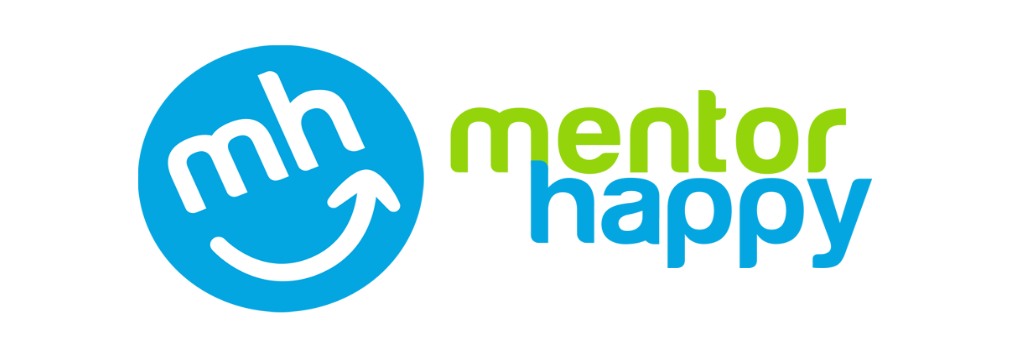Demystifying career progression
"The world hates change, yet it is the only thing that has brought progress"
Career progression means something different to everyone. For some, it means new challenges and opportunities to broaden your base of knowledge. For others, it means a steady increase in responsibility and the ability to climb the ladder.
Regardless of how you define it, career progression is important to all of us. Stagnant careers become boring quickly and when you’re bored you’ll become unhappy.
If you’ve kept up with this series, then you know the focal point has surrounded why you shouldn’t plant roots at one company for too long. In my first post "Why Planting Roots Is Bad For Your Career", I shared how HR strategies around retention are mediocre at best and how staying at one organization for the length of your career can negatively impact your opportunity for growth and compensation increases. (BTW- start with this post if you haven't been following the series!) Today, I’m sharing why a long-term stint at a company can hurt your overall career progression too.
Exposure
The rate at which you grow and develop professionally is dictated by several things, but the primary impact on your professional growth is you and your environment! A large part of professional development is your receptivity to being developed and your exposure to development opportunities.
When you stay at one company for an extended time frame, things become old hat. You won’t readily recognize stagnation, because no matter how long you stay somewhere you’ll be learning something, but you won’t be exposed to new business concepts as quickly as you would if you moved to a new organization.
From learning new processes to managing new workloads and learning to deal with stressors that come from joining a new company; you’ll be more quickly exposed to new ideas, concepts, and challenges when you move from one company to another.
But, when you stay in one organization long-term, your exposure to growth opportunities will only extend as far as your current company is willing to take their business. Meaning, a nimble, fast-paced, growing company may provide plenty of challenge and growth opportunity to keep you engaged and learning. However, if that same company has the mindset of the status quo is good enough, then your career will stall once you’ve learned every facet of your position.
What’s Happening At Your Organization
Look at your current company. Are they innovative and growing or just sitting steady? What do you envision the next 5 years will bring if you stay put – more of the same or growth and expansion? Are you challenged or just comfortable?
Each situation is unique and there is not a one size fits all. But, when you become comfortable and stay put for too long, your marketability will decrease as your skill base becomes less competitive.
What If You Are Happy
One argument I hear from career coaching clients is “but I like my job. I am happy I just want more money”. My first question is always “Are you really happy or just comfortable?”
There is a big difference between being happy with your professional situation and being comfortable. Being comfortable leads to stagnation and a lack of progression. When you settle for comfortable, you lose sight of market demands, where you should be in terms of compensation, and how your skills compare to your peers.
If you’re ok with simply going through the motions, then own it. Punch the clock, collect your paycheck, and let the chips fall where they may. But, if you’re serious about your professional growth and future, don’t settle for comfortable. Press yourself to take on new challenges and new opportunities. Doing so will certainly be uncomfortable at first, but the sense of accomplishment you'll have knowing that you’re on a path to a brighter future makes it worthwhile.
I hope this series has helped you better understand your career options. Changing jobs is hard, but sometimes necessary. The last thing you want to do is wake up in 15 years on a career path you hate and feel stuck in! instead, take risks now, leap at new opportunities, and always seek growth opportunities. The minute you start accepting "good enough" is the minute you'll start missing out on opportunities to learn and advance professionally.

